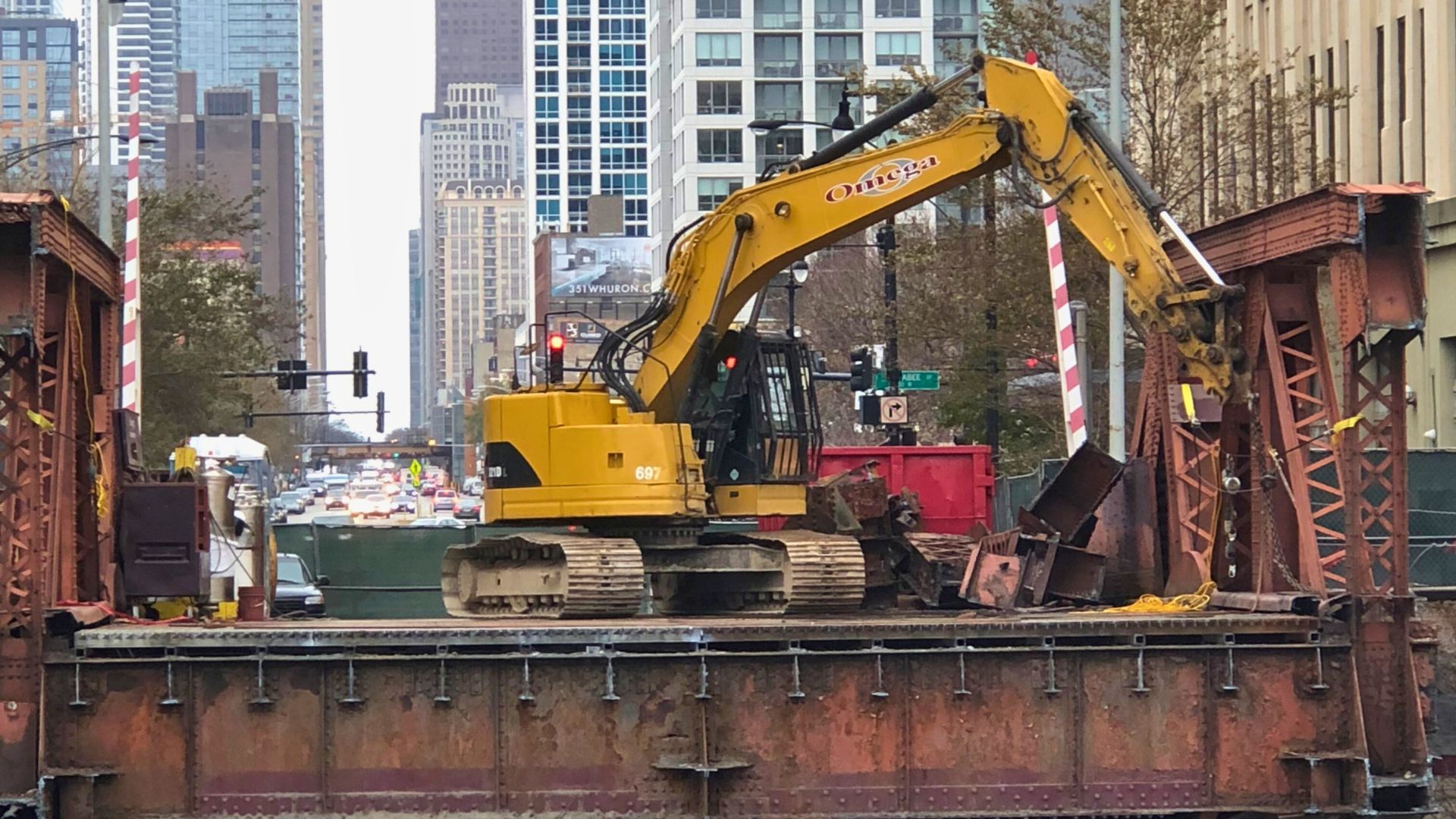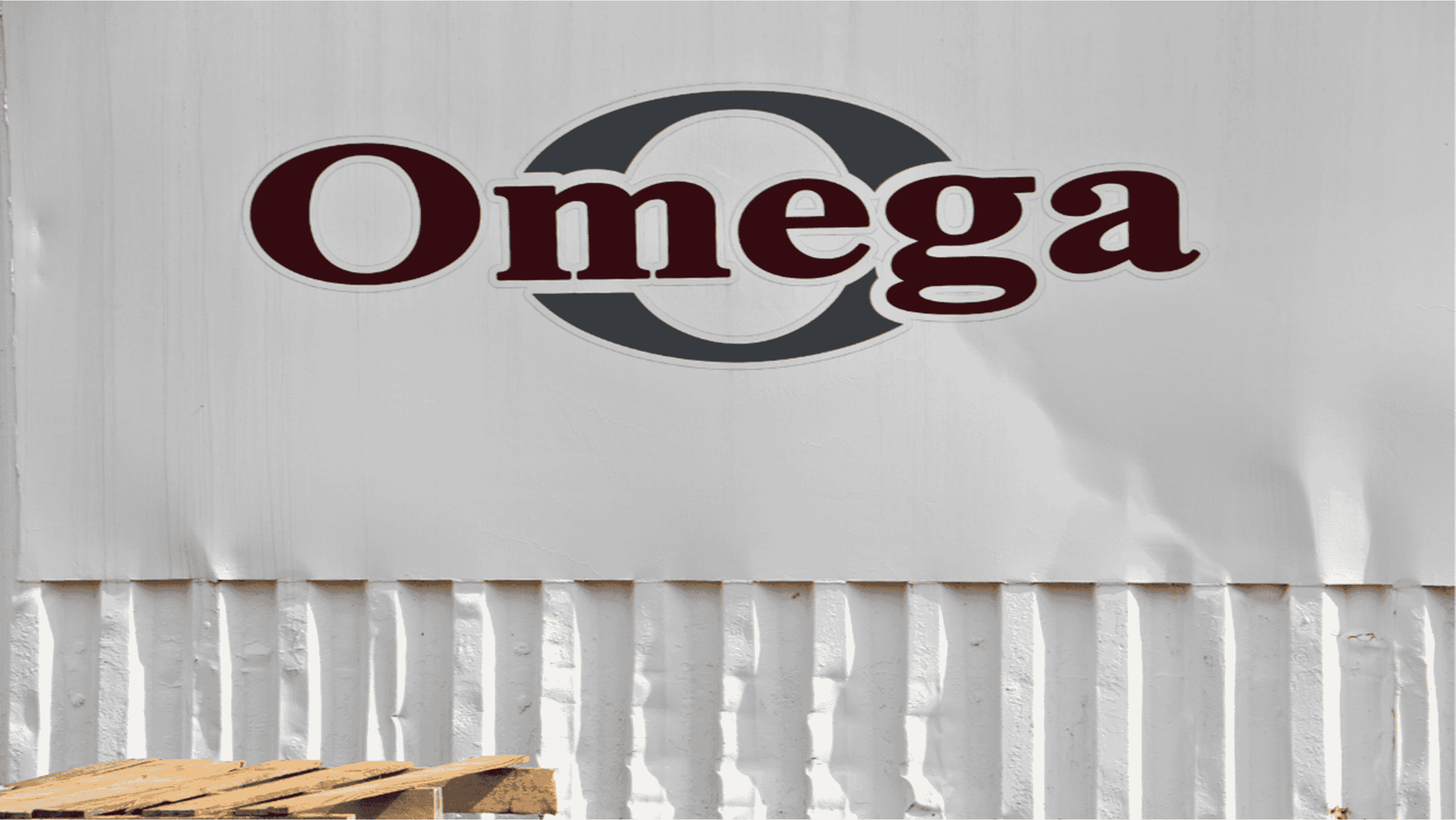Demolitions have the potential to affect the environment in several important ways because large-scale demolitions produce a lot of debris, require energy and other resources, and may involve the handling of hazardous materials. With this in mind, it is important to consider environmental impact when choosing a contractor for your demolition project.
Responsible Waste Disposal
Demolition projects generate a high volume of waste. When looking for a contractor to work with, it is crucial to consider whether they are equipped to tear down the structure, but it is also important to consider how they will dispose of the debris once the building is torn down. You want to look for a contractor that already has a detailed waste management plan in place and has comprehensive knowledge about the local and national regulations that are relevant to demolition waste removal.
Recycling
Demolitions also leave behind a lot of materials that are made from wood, glass, metal, and other recyclable materials. Some of these items can be salvaged and reused. A skilled contractor will have the ability to distinguish between recyclable and non-recyclable materials. Contractors that make recycling a top priority are excellent choices because most landfills are already overpopulated, and every little bit helps.
Hazardous Materials
Demolition projects often involve handling hazardous materials. This is especially true if you are demolishing an old commercial or industrial building as older buildings are more likely to contain toxic or other hazardous materials, such as lead, mercury, or asbestos. An experienced contractor will know how to handle hazardous materials safely, know how to dispose of them legally and know how to deal with public health and environmental concerns. A skilled contractor will also know how to remove traces of these materials from the soil if applicable. The ideal contractor will have experience in site remediation and have the ability to verify that the site is safe for future construction.
Noise and Dust Control
Demolition projects create a lot of noise and a lot of dust. Working with a contractor who is experienced with noise and dust control can help minimize air pollution and avoid inconveniencing other members of the community. For example, a contractor trained in noise control will know what hours to schedule noisier tasks to minimize disruption. For dust, there are measures such as water sprays and screening that can suppress dust.
Energy
Since demolitions require heavy machinery, they use a lot of energy. Energy-efficient equipment can reduce your overall energy usage, which will reduce your carbon emissions and save money on energy costs. When researching local contractors, it is a good idea to ask about what steps they have in place to minimize energy consumption.
While there are many business considerations involved in demolition projects, it is also critical to take environmental considerations into account because the health, safety, and well-being of the community is of the utmost importance. Omega has the experience and knowledge to ensure your demolition not only runs smoothly but also minimizes risks to the community and environment.




